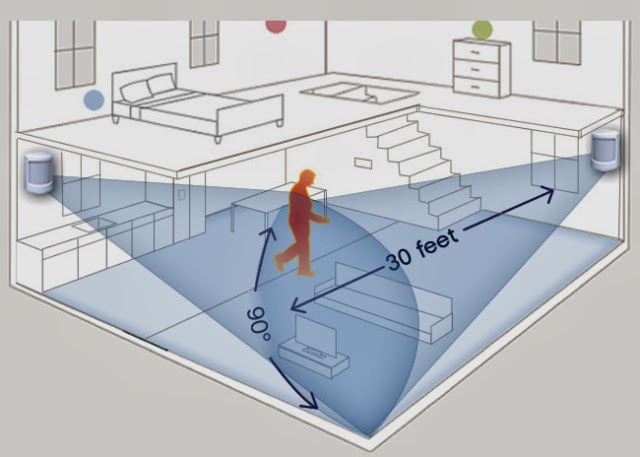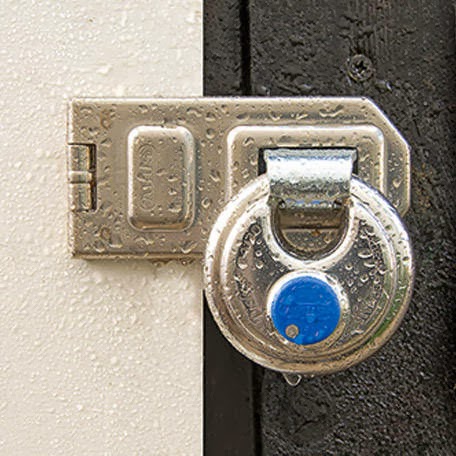 |
| Wireless Security Alarm System Diy |
Easy to put in, the wireless alarm systems has sensors that
treat metallic element particle batteries that square measure precisely the
same size as that of a coin. It will be hooked up to the door, window or wall
with the assistance of a crew or double sided adhesive. Over the years use of
such alarm systems has gained unbelievable quality. Most of the householders
square measure investment on such alarm systems. Installation of such systems
wants a handful of hours and anyone will bed with none skilled expertise. With
a number of basic tools you\'ll be able to do the installation yourself while
not the hassles of circuit testing, electrical leads or mussy wires.
There square measure many warning device firms engaged in
giving wireless solutions. If you\'re additionally searching for the most
effective warning device it\'s smart to try and do ample analysis on-line and
opt for the most effective ones that guarantee quality service. a number of the
large players during this realm embrace firms like- Front Point security,
Life Shield Home Security, defend America, SecurityOne Home Security and ADT
Security. If you continue to feel that choice of the most effective of the heap
could be a intimidating task on your half then a wise step would be to scan SecurityOne reviews. you\'ll be able to additionally bear Front Point security
reviews to create associate advised call concerning the house alarm systems and
their performances to extend security of your family and property.
Ideal for safeguarding your home, best alarm systems square
measure price investment on. offered with variety of options and edges, these
square measure really effective in safeguarding your property and pricey ones.
The array with unmatched options is very reliable. far more reasonable compared
to different wireless security alarm systems diy, the wireless varieties square measure simple to put
in and activate. owing to their quality options and edges, these square measure
the foremost wanted alternative of house owners nationwide. the benefit of use
of those systems beside flexibility to feature devices over time build them
really unbeatable.







